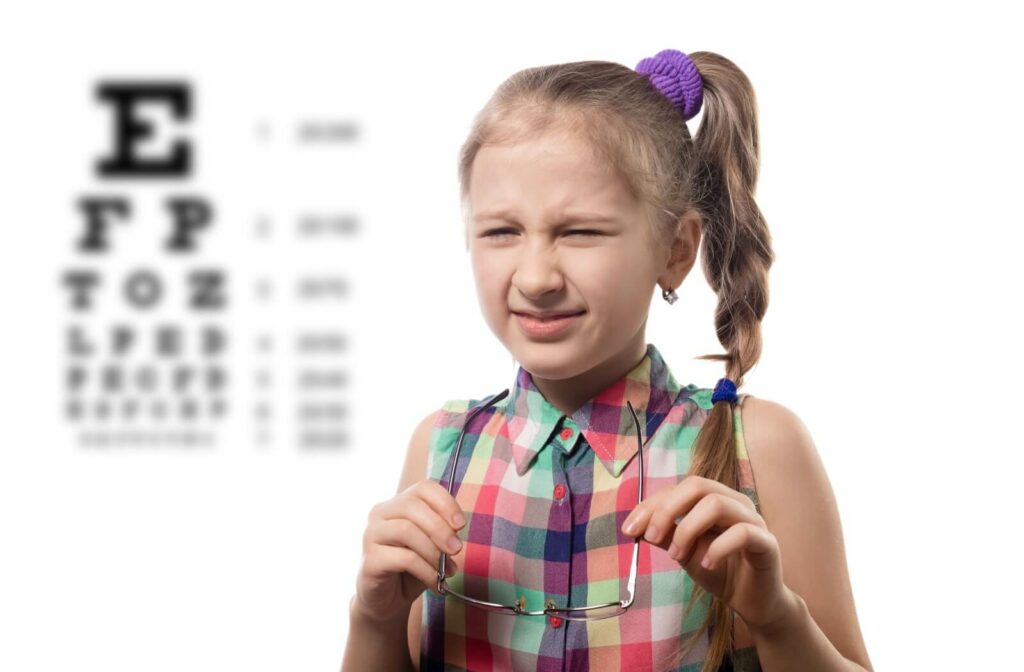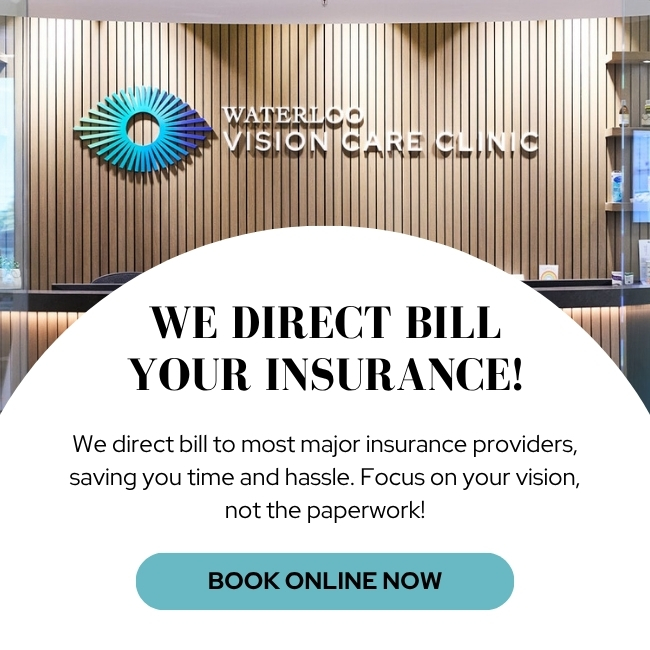Myopia, commonly known as nearsightedness, is a refractive error where distant objects appear blurry while close objects can be seen clearly. It occurs when the eyeball is slightly elongated or when the cornea has steeper curvature than normal, causing light rays to focus in front of the retina. Contact lenses can effectively correct myopia by altering the way light is refracted as it enters the eye.
Unlike glasses, which sit away from the eye, contact lenses provide a more natural field of vision and eliminate issues associated with frame obstructions. By fitting directly on the cornea, contact lenses allow for a wider viewing angle and improved visual clarity, making them a popular choice for individuals with myopia.
Understanding Myopia
Myopia affects millions of people worldwide and is typically diagnosed during childhood. The condition can worsen over time if not properly managed.
Symptoms and Diagnosis
Common symptoms of myopia include:
- difficulty seeing distant objects
- frequent squinting
- headaches
- eye strain
An eye care professional can diagnose myopia through a comprehensive eye exam that includes visual acuity tests, refraction assessments, and measurements of eye curvature.
Causes of Myopia
The exact cause of myopia is not fully understood, but it’s believed to be a combination of genetic and environmental factors. Spending prolonged periods focusing on near tasks, such as reading or using digital devices, is also thought to contribute to the development and progression of myopia.
Can Contacts Correct Severe Myopia?
Types of Contact Lenses for Myopia
Contact lenses have advanced significantly over the years and offer a viable solution for correcting myopia, including severe cases. There are several types of contact lenses designed specifically for myopia correction:
- Soft Lenses: Made from flexible plastics, these lenses allow oxygen to pass through to the cornea. They are comfortable and easy to adapt to.
- Rigid Gas Permeable (RGP) Lenses: These lenses are more durable and offer sharper vision by maintaining their shape on the eye.
- Toric Lenses: Designed for people with astigmatism in addition to myopia, these lenses have different powers in different meridians of the lens to correct both conditions simultaneously. Toric lenses are available in either soft or RGP materials.
Contact lenses can correct a wide range of myopia, including severe cases (above -6.00 diopters). They provide a more natural field of vision compared to glasses, as they move with the eye and eliminate the distortion caused by the distance between the glasses and the eyes. Additionally, contact lenses are sometimes more cosmetically appealing as they mitigate the minification effect whereby the eyes appear smaller behind highly myopic spectacle lenses. For those with high degrees of myopia, specialized lenses such as scleral lenses can offer additional comfort and stability.
Potential Complications
While contact lenses are effective, they do come with potential complications, particularly for those with severe myopia. These can include dry eyes, irritation, and an increased risk of eye infections. It’s essential to follow proper hygiene and care instructions provided by your eye care professional to minimize these risks.
What is Better for Myopia Control Contacts or Glasses?
Advantages of Contact Lenses
Contact lenses offer several advantages over glasses for myopia control. They provide a wider field of vision, greater comfort during physical activities, and eliminate the issues of fogging and slipping associated with glasses. Additionally, specially designed lenses, like MiSight, can slow the progression of myopia in children.
Advantages of Glasses
Glasses remain a popular choice for myopia correction. They are easy to use, require minimal maintenance, and pose no risk of eye infections. Glasses are also less expensive in the long run as they don’t need to be replaced as frequently as contact lenses.
Comparing Visual Quality
In terms of visual quality, contact lenses often provide crisper vision because they sit directly on the eye. Glasses can cause peripheral distortion due to the distance from the eye, especially in high prescriptions. However, advances in lens technology have improved the visual quality of glasses significantly.
What can Slow Myopia Progression?

Lifestyle Changes
Certain lifestyle changes can help slow the progression of myopia. Encouraging children to spend more time outdoors, reducing screen time, and taking regular breaks during near work can all contribute to better eye health and slower myopia progression.
Myopia Control Treatments
Several treatments are available to help control myopia progression. These include:
- Speciality spectacle lenses
- Atropine Eye Drops:
- Orthokeratology (Ortho-K): This treatment involves wearing specially designed rigid contact lenses overnight to temporarily reshape the cornea and reduce myopia during the day.
- Specialty Soft Contact Lenses: These lenses have different zones of power to help control myopia progression by reducing the eye’s focus strain.
MiSight Lenses
CooperVision’s MiSight lenses are daily disposable soft contact lenses designed specifically for children and have been clinically proven to slow the progression of myopia. MiSight lenses feature ActivControl™ Technology, which provides clear vision while creating treatment zones to manage the eye’s growth. This approach helps reduce the risk of developing high myopia and associated complications later in life.
Abiliti Lenses
Johnson and Johnson’s Acuvue Abiliti lenses offer management of myopia specifically designed for children and young adults. These dual-focus contact lenses are engineered to provide clear vision while simultaneously addressing the underlying factors that contribute to myopia progression. Clinical studies suggest that wearing Abiliti lenses can lead to improved visual acuity and comfort while decreasing the risk of developing higher degrees of myopia.
Where to Start
Contact lenses, including specialized options like MiSight, and Abiliti can provide effective correction and may slow myopia progression.
If you’re considering contact lenses for myopia correction, at Waterloo Vision Care Clinic we offer specialized care and treatments for myopia. For parents of children with myopia, exploring treatments like MiSight lenses can make a significant difference in managing their eye health and vision for the future.
To learn more about myopia control and discover the best solutions for your vision needs, visit our website or book a consultation with us today.




